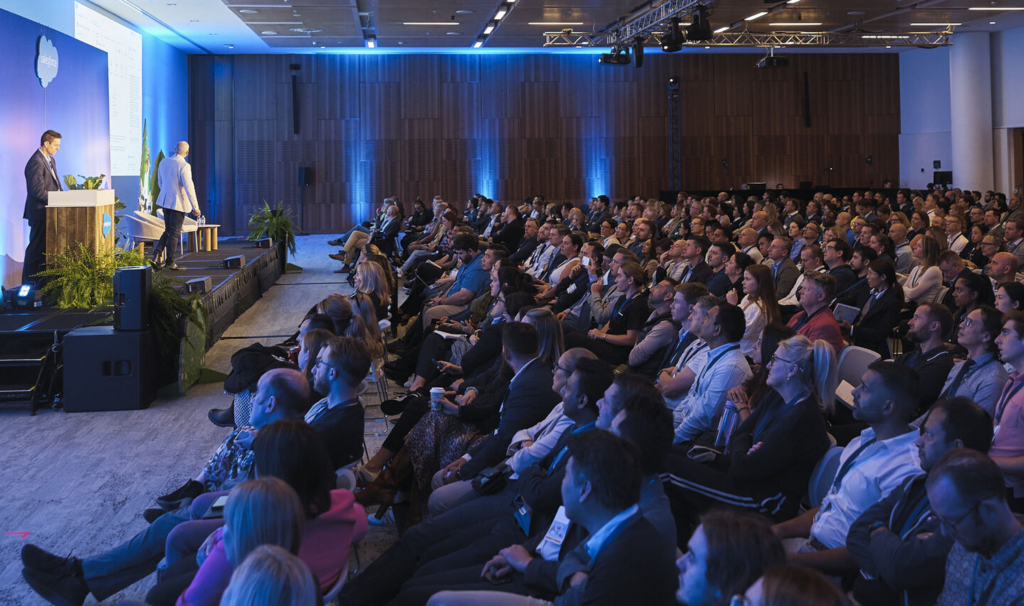Customer loyalty has changed a lot in the last two years.
During the economic and social crisis of the Covid-19 pandemic, consumers went from valuing long-standing relationships with their favourite brands to focusing on price and availability above all else.
According to data from McKinsey, 76 per cent of consumers changed stores, brands or the channel through which they purchased products during 2020 – a figure that shows in stark relief what a massive change the pandemic brought upon the retail industry.
However, after a period of uncertainty, the market is beginning to settle. Customers have settled into the new way of doing things and, with restrictions easing and freedoms returning, are beginning to look to their favourite brands once again.
What they want now, more than ever before, is a truly personal shopping experience.
Simplus Australia’s retail senior accounts executive Carlos Bravo believes that, throughout the pandemic, the capture of first-party data has become an invaluable tool for retailers.
“Customers are now expecting that suppliers, providers and retailers will know who they are and what they buy, and will use that information to personalise the shopping experience,” Bravo said.
“I think businesses are beginning to see that the fight for the customer is no longer around price, it’s around understanding them.”
Personalising a customer’s offer isn’t only useful to them – according to data from McKinsey, providing a personalised offer to customers also tends to boost revenue and retention rates by up to 15 per cent, is up to 30 per cent more efficient marketing, and increases customer acquisition rates by 3-5 per cent.
The onus is on retailers, according to Bravo, to put customers at the centre of everything they do, and to capture, analyse and operationalise data to drive personalised experiences with their loyal customers.
This shouldn’t come as much of a surprise, however. Data from McKinsey shows while 100 per cent of top-quartile retailers said omnichannel personalisation is a top-five priority, only 15 per cent have fully implemented systems to make it work.
And, according to Infosys’ country manager of consumer, retail and logistics Maloy Patnaik, the easiest and most cost effective way to begin personalising your offer based on customer data from existing channels is by leveraging a customer relationship management software, such as Salesforce.
“Retailers already have access to a lot of their customers’ information, but they aren’t able to use it effectively,” Patnaik said.
“What we can do [using Salesforce] is bring a customer’s information in, and essentially create a customer genome.
“That genome is essentially all the information [the retailer] needs to understand about their customer, and allows very personalised campaigns and targeted offers to be sent.”
Get in touch with us to learn more about how your business can better personalise its offer to customers.





